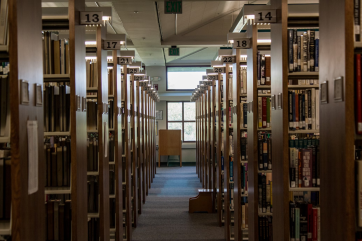Many college students receive higher education with the help of some sort of federal aid, and many of them end up leaving the school halls with a degree and some hard-to-pay student debt. Worse, many don't even graduate from college but end up acquiring debts from student loans. And with the current total amount of student debt reaching a staggering estimate of $1.26 trillion, it has already become a national problem.
To address the issue, the U.S. Department of Education is launching a new experiment aimed at teaching college-bound students the pros and cons of federal student aid. This experiment, the Department believes, will help students make the right decisions.
"It's important for students to make good decisions about their student loan borrowing," U.S. Under Secretary of Education Ted Mitchell said in a press release. "Students at these institutions will receive proactive and ongoing counseling and they will gain tools to better understand and manage their own finances."
Many graduates face insurmountable student debt. One such graduate is Kelli Space, who left Northeastern University with a bachelor's degree in Sociology and a student debt amounting to more than $200,000.
"Looking back I wish someone had brought me back down to Earth by asking the right questions: What is 'good debt' to an 18-year-old?" Space said. This new experiment will hopefully do what she hoped.
Fifty-one postsecondary institutions are participating in the said experiment which is expected to run for several years. Half of the participating 100,000 students will be assigned to a "treatment group" and will be given additional counseling, while the other half will be assigned in a "control group" and will receive only the prescribed entrance and exit counseling.
Of the 51 participating institutions, 35 are public two-year institutions, 14 are public four-year institutions, one is a private nonprofit four-year institution, and one is a proprietary institution. Participating institutions will use either the Department's loan education tool, FACT; third-party counseling services; or their own developed counseling method.
The outcomes of the experiment will determine if the additional loan counseling, on top of the prescribed entrance and exit counseling, will improve students' decision-making about how much to borrow; Promote successful repayment of students loans, including reductions in delinquencies and defaults; and will impact students' academic performance, such as progression through school and completion.
"This experiment will yield important information about whether additional counseling improves student outcomes, including program completion and loan repayment," Mitchell added.







